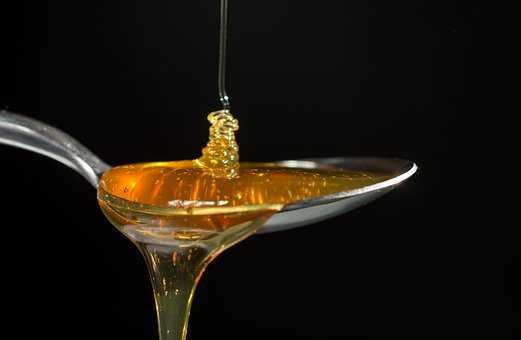Where honey comes from
- Honey is made by bees. Bees eat nectar, a sugar-rich liquid that is produced by flowers.
- The bee stores most of the nectar in their "honey stomach." At the hive, bees regurgitate the nectar, blowing bubbles to evaporate the water. They also mix the nectar with their digestive enzymes, which break down the sugar, starch, and protein in the nectar, making it more acidic.
- Then the bees deposit the nectar into the honeycomb, where more water evaporates, and add caps to the honeycomb to seal the honey inside, ready for later consumption by larvae or adults when food is scarce.
- Beekeepers remove some honeycomb from hives and spin it to extract the thick liquid from inside. They filter out any beeswax or other debris, then bottle it.
43
267 reads
CURATED FROM
IDEAS CURATED BY
The idea is part of this collection:
Learn more about health with this collection
How to prioritize and simplify your life
The importance of rest and relaxation
The benefits of slowing down
Related collections
Similar ideas to Where honey comes from
Why honey doesn’t spoil
- Acidity. Most bacteria prefer neutral growing conditions. The enzymes bees use to break down the sugar in nectar make it more acidic and less appealing for bacterial growth.
- Sugar content. Honey has a lot of sugar, but only 18% water, which is not ...
Read & Learn
20x Faster
without
deepstash
with
deepstash
with
deepstash
Personalized microlearning
—
100+ Learning Journeys
—
Access to 200,000+ ideas
—
Access to the mobile app
—
Unlimited idea saving
—
—
Unlimited history
—
—
Unlimited listening to ideas
—
—
Downloading & offline access
—
—
Supercharge your mind with one idea per day
Enter your email and spend 1 minute every day to learn something new.
I agree to receive email updates
